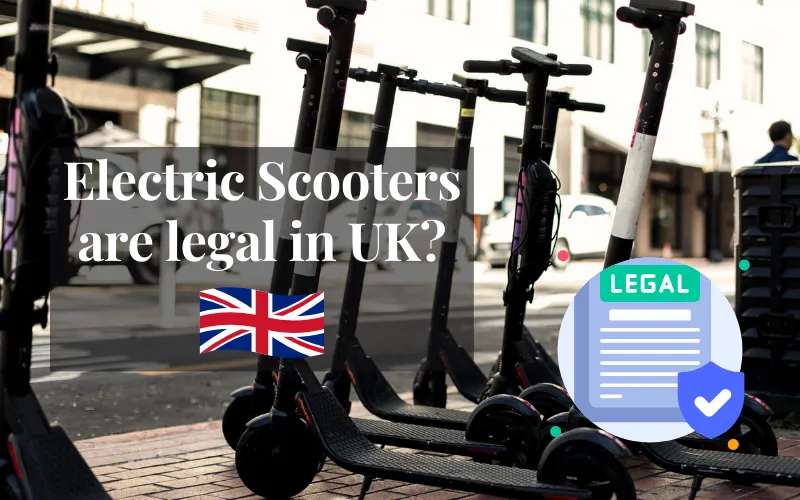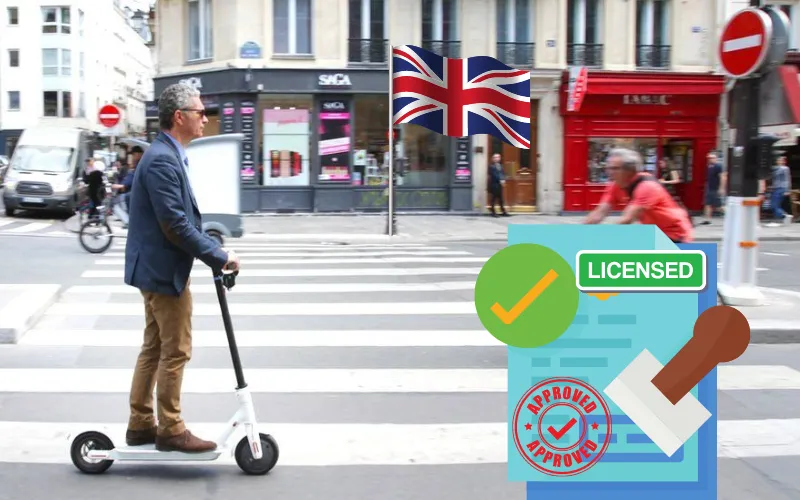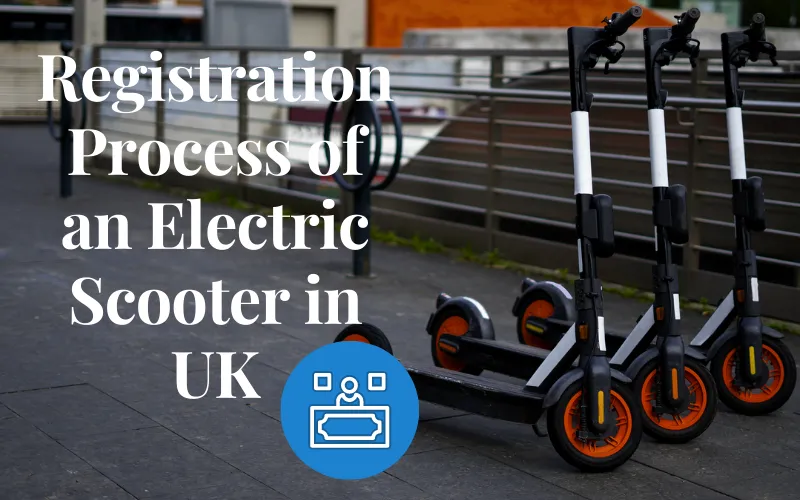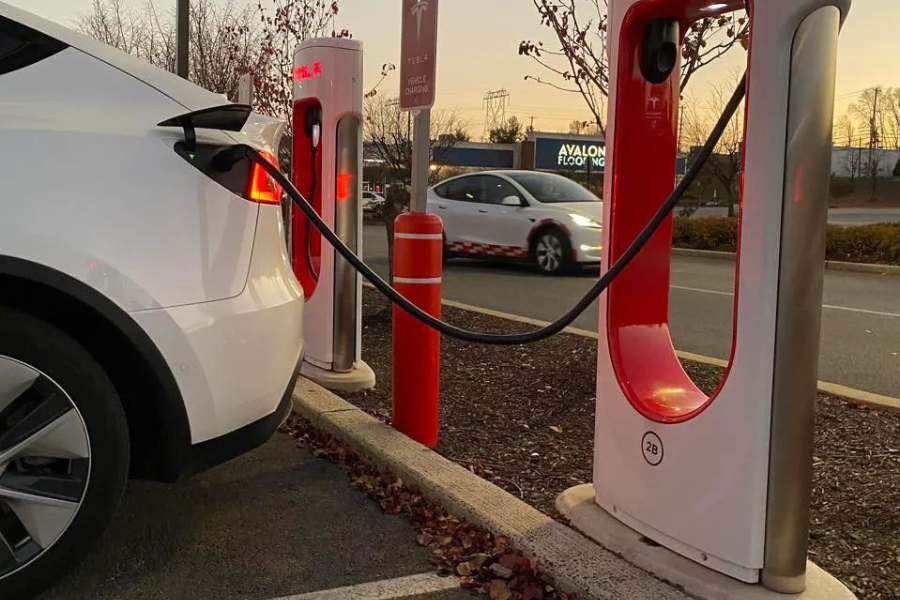Electric scooters have become increasingly popular in the UK as a fast and convenient mode of transportation. However, with their rise in popularity comes the need for understanding electric scooter UK laws, legal requirements, licensing, and registration.
If you’re planning to ride an e-scooter in the UK, it’s crucial to know the road rules to avoid potential fines and penalties. In this guide, I’ll cover everything you need to know about e-scooter laws in the UK, including where you can legally ride, the speed limits, insurance requirements, and more.
Are E Scooters Legal in the UK?
Electric scooters are gaining popularity as a convenient mode of transportation in the UK, but are electric scooters legal? The short answer is yes, but some rules and regulations must be followed.
E-scooters are legal to ride on private property with the owner’s permission. However, riding them on public roads, cycle lanes, and pavements is illegal. There are a few exceptions, however. In some areas, rental e-scooters are legal to use on public roads.

The government has authorized these rental e-scooters as part of a trial to determine their safety and effectiveness. Understanding the rules and regulations around e-scooter use is essential to avoid legal repercussions.
Riding an e-scooter on a public road or pavement can result in a fine, penalty points on your driving license, or even a criminal record. Escooters are not allowed on motorways or any road with a speed limit over 30 mph.
Electric Scooter Laws in the UK
Riders should be aware of several laws regarding electric scooters in the UK to avoid legal trouble. Here are the primary laws you need to know:
- Riding on public roads and pavements is illegal. Riding an e-scooter on private land with the landowner’s permission or in authorized rental schemes is legal.
- E-scooters must have a maximum power output of 500 watts, a maximum speed of 15.5 mph, and be equipped with lights and a bell.
- Riders must be at least 16 years old and have a provisional or full driving license to ride an e-scooter legally.
- It’s also recommended to wear a helmet and follow the electric scooter rules of the road.
- Rental e-scooters are legal in some areas as part of government trials. Privately-owned e-scooters still need to be allowed on public roads, cycle lanes, or pavements.
Note: The UK government is currently reviewing these laws and may make changes in the future.
How to Get an E-Scooter License in the UK?

- No specific e scooter license is required in the UK to ride it legally. However, you need a provisional or full driving license to ride an e-scooter.
- While getting a driving license may seem like a hassle, ensuring your safety and avoiding legal trouble is essential. If you don’t have a driving license, you can still ride an e-scooter on private land with the landowner’s permission or in authorized rental schemes.
- If you plan to ride an e-scooter regularly, getting a driving license is recommended to ensure you can ride legally.
- You must be at least 16 and pass a medical exam and theory test to obtain a provisional driving license.
- You can then take a practical driving test for a full driving license.
Registration Process of an Electric Scooter in UK
There is no requirement for e-scooter riders to register their vehicles with the government in the UK. But, the government is currently conducting trials of rental e-scooters in several cities, and rental companies must register their vehicles with the government.
How to register an e-scooter in the UK? Many e-scooter holders are asking this question, and here is the answer. If you own your e-scooter and want to ensure its safety, it’s recommended to register it with a reputable e-scooter registration scheme.

These schemes provide a unique identification number for your e-scooter, making it easier to trace if it gets stolen. Some e-scooter manufacturers also offer product registration services, which can be convenient. On private property, you don’t have to register your e-scooter.
While registering your e-scooter is not a legal requirement, it can give you peace of mind and make it easier to recover your e-scooter if it’s stolen. It’s worth considering registering your e-scooter with a reputable scheme, especially if it’s expensive.
Changes in UK Laws Over the Last 3 Years: 2021, 2022 & 2023
The UK is no stranger to legal changes, and recent years have been no exception. From changes to electric scooter laws to more significant reforms, the UK has seen several legal changes in 2021, 2022, and 2023.
2021: Electric Scooters Get a Green Light
The electric scooter UK laws 2021 saw significant changes regarding electric scooters. Electric scooters must meet specific criteria for legal use in the UK. They must not exceed a maximum speed of 15.5 mph and have a motor output of no more than 500 watts.
Additionally, riders must be at least 16 years old and have a valid or provisional driver’s license. Introducing these new laws was a welcome change for many people, particularly those who relied on electric scooters for commuting or travel.
2022: Proposed Law Changes for Electric Scooters
Electric scooter UK law change 2022 saw a series of proposed law changes regarding electric scooters in the UK. These changes aimed to address concerns about the safety of electric scooters on public roads.
The proposed changes included a mandatory helmet requirement for all electric scooter riders and the introduction of a minimum age limit of 18 for riders. Electric scooters must have appropriate lights and reflectors to make them more visible to other road users.
2023: Electric Scooters Remain Legal
In electric scooter UK law 2023, electric scooters remain legal in the UK, with the same restrictions introduced in 2021 still in place. However, further changes could be introduced in the coming years as the popularity of electric scooters continues to grow.
Concerned citizens and youth of the country are constantly asking the same question, when will e scooters be legal in UK? Despite ongoing concerns about the safety of electric scooters, many people in the UK are embracing this new form of transport. For some, electric scooters provide a more convenient and eco-friendly way to travel, particularly in urban areas.
While it’s not a legal requirement, it’s recommended to have insurance for your electric scooter to protect yourself in case of accidents or theft.
Private e-scooters are legal to use on private land in the UK, but riding them on public roads, pavements, or cycle lanes is illegal.
Riding a privately-owned electric scooter on public roads or pavements in the UK can result in a £300 fine and 6 penalty points on your driving license.




